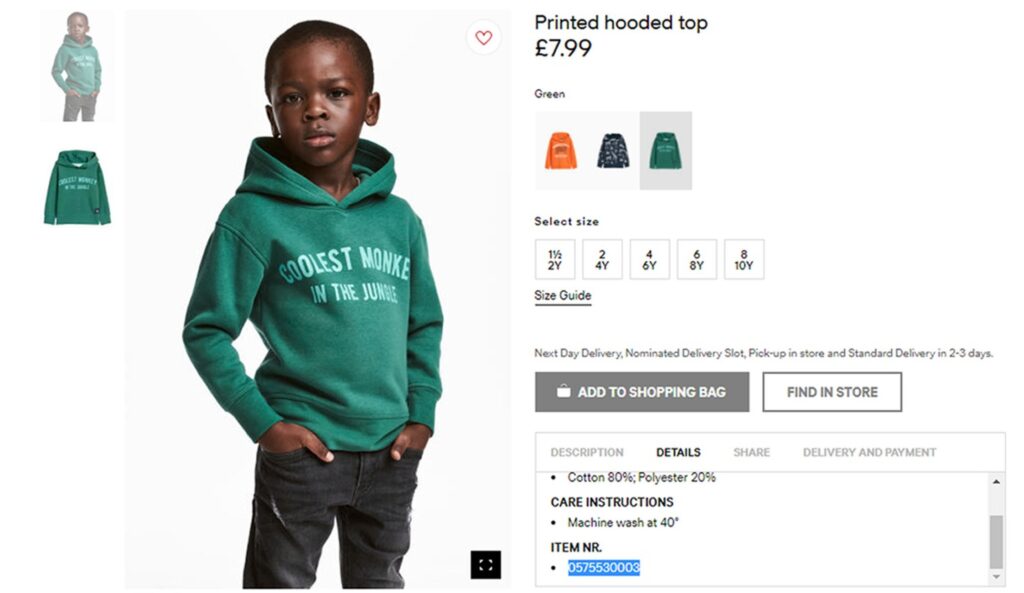February is Black History Month, a time dedicated to celebrating the contributions, history, and achievements of Black individuals. While many brands use this month to highlight diversity and inclusion efforts, the importance of having a diverse marketing and communications team extends far beyond February. In 2025, prioritizing diversity in your teams should be treated as a key content strategy, not just a seasonal talking point.
The Risks of Homogeneous Marketing Teams
Marketing is about storytelling, and the most impactful stories are those that resonate authentically with diverse audiences. According to the American Marketing Association, diverse storytelling builds authentic connections, drives measurable business growth, and enables you to stand out in a crowded market. When marketing teams lack diversity, brands risk producing tone-deaf campaigns that alienate or offend customers. There have been several high-profile examples where brands faced backlash for unintentional racism, cultural insensitivity, or misrepresentation—issues that could have been avoided with a more inclusive team.
H&M’s “Coolest Monkey in the Jungle” Hoodie (2018)

In 2018, H&M sparked international outrage when it featured a black child model wearing a hoodie with the phrase “Coolest Monkey in the Jungle.” The ad was widely criticized for its racial insensitivity, given the historical use of “monkey” as a racial slur against Black individuals.
The backlash led to protests, celebrity endorsements being pulled (such as The Weeknd and G-Eazy severing ties with the brand), and store vandalism in South Africa.
Dove’s Soap Ad (2017)

In an attempt to showcase diversity and celebrate different skin tones, Dove released a social media ad in which a Black woman removed her shirt, “transforming” into a white woman, who then became another woman of different ethnicity. The imagery appeared to reinforce a long-standing racist trope that associates cleanliness with whiteness.
The backlash was swift, with social media users accusing the brand of being tone-deaf. Dove promptly removed the ad and wrote on X (formerly Twitter): “An image we recently posted on Facebook missed the mark in representing women of colour thoughtfully. We deeply regret the offence it caused.”
This wasn’t the first time Dove faced backlash over seemingly racist messaging. In 2011 a campaign provoked criticism for showing women appearing to become cleaner as their skin tone lightened.
Pepsi’s Protest Ad (2017)
During the height of the Black Lives Matter protests, which saw police violently clash with those protesting police brutality, Pepsi launched a commercial featuring Kendall Jenner. In the commercial, Jenner left a fashion shoot to join a protest and seemingly resolved tensions between protesters and police by handing an officer a can of Pepsi. The ad was widely condemned for trivializing serious social justice movements, particularly the Black Lives Matter movement.
Critics accused Pepsi of commodifying activism and failing to understand the real-life stakes of protests against police brutality. The backlash led to the company pulling the ad within 24 hours and issuing an apology.
Heineken’s “Lighter is Better” Ad (2018)
Heineken faced backlash in 2018 for an ad promoting its light beer with the tagline “Lighter is Better.” The commercial featured a bartender sliding a bottle of Heineken Light past several dark-skinned individuals before it reached a lighter-skinned woman. The message appeared to reinforce colourism, a form of discrimination favoring lighter skin tones over darker ones, sparking criticism from viewers and prominent figures, including musician Chance the Rapper.
Why Diverse Marketing Teams Are Essential in 2025
Beyond avoiding costly mistakes, having a diverse marketing team leads to better business outcomes. Research backs this up: according to McKinsey, companies in the top quartile for gender diversity on executive teams are 39% more likely to outperform their peers financially, while those in the top quartile for ethnic diversity show a 39% increased likelihood of financial outperformance. In marketing, this means that diversity isn’t just about avoiding PR crises—it’s about driving real growth and engagement. Here’s why:
- Authentic Representation: A team with diverse backgrounds ensures campaigns reflect real-world experiences and perspectives, leading to stronger audience connections.
- Increased Innovation: Different viewpoints lead to more creative and culturally relevant storytelling.
- Stronger Brand Loyalty: Consumers are more likely to support brands that align with their values and demonstrate genuine inclusivity.
- Better Crisis Prevention: A diverse team is more likely to catch potentially offensive or insensitive content before it reaches the public.
How to Build a More Inclusive Marketing Team
If your marketing team isn’t diverse, 2025 is the time to change that. Here are some actionable steps:
- Hire for Diversity: Ensure your recruitment strategy actively seeks diverse candidates.
- Create Inclusive Review Processes: Implement checkpoints where marketing content is reviewed by a diverse group.
- Engage External Consultants: If your team lacks representation, seek input from cultural experts to ensure messaging is respectful and accurate.
Diversity in marketing is not just about avoiding missteps—it’s about crafting campaigns that genuinely reflect and engage the world we live in. As both a person of colour and digital communications specialist, I can help navigate potential issues with a solid content strategy plan. Now is the time to make diversity in marketing a business priority and create content that accurately reflects your audience. Connect with me on LinkedIn here.


